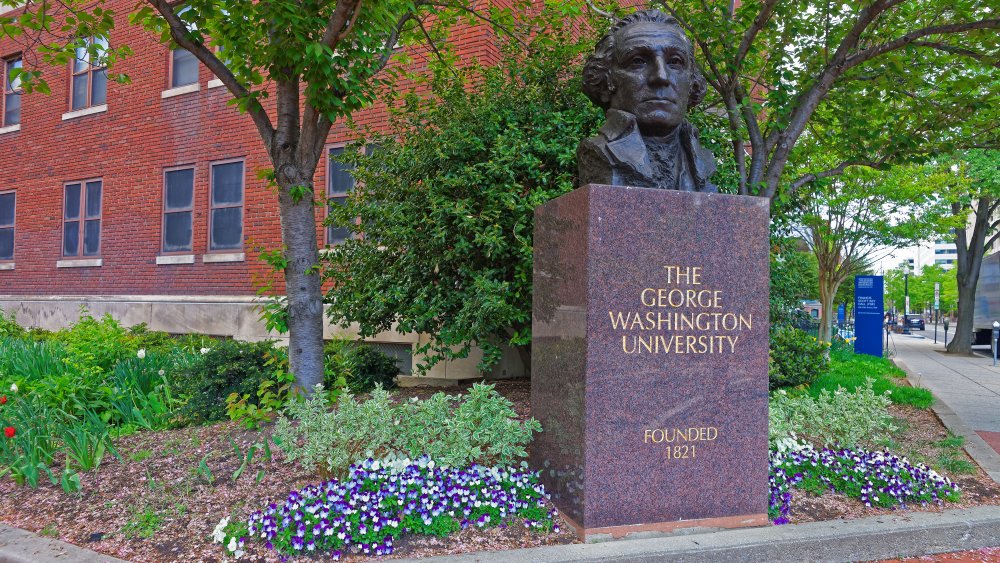The Bizarre Story Of Jessica Krug
Before September 3, 2020, Jessica Krug was a respected Black professor of History at George Washington University and award-nominated author of a book on Kisama, a mountainous region in Angola that served as a destination for those fleeing the slave trade, and the creation of its identity. After September 3, she was a pariah, because she admitted that she had been lying about her racial identity the whole time.
"To an escalating degree over my adult life," she wrote in a Medium post. "I have eschewed my lived experience as a white Jewish child in suburban Kansas City under various assumed identities within a Blackness that I had no right to claim: first North African Blackness, then US rooted Blackness, then Caribbean rooted Bronx Blackness." The post continues to carry a mixture of self-righteous denial of forgiveness, a denial to let her past traumas act as a scapegoat, and a lot of virtuous denunciation.
After this, more details started to seep into the story. The Daily Mail reported that Dr. Krug skipped her mother's funeral, lest her proximity to her very white relatives give away her lie like it did for Rachel Dolezal, a white woman who managed to become a chapter president of Spokane's NAACP. CNN discovered that Dr. Krug's brother and sister-in-law only learned about her lie when a reporter called.
The next day, George Washington University released a statement calling for her resignation, which she submitted a few days later.
So what happened?
"[Jessica Krug] didn't do it out of benevolence," Hari Ziyad, a Black author and editor-in-chief of RaceBaitr, a platform that until Dr. Krug's confession had hosted some of her articles, tweeted. "She did it because she had been found out." Apparently, as The Daily Mail reports, an anonymous young scholar approached Yomaira Figueroa, associate professor of Global Diaspora Studies at Michigan State University, on August 26, claiming that Dr. Krug was lying about her identity. From here, then, someone must have confronted Jessica Krug, who caved and frantically attempted to frame the story as a confession, rather than a discovery.
As to why she would do this, there are a few theories. One is the trauma she mentioned. A second is the idea that by presenting herself as a Black woman scholar, she could gain a token identity advantage, which she did in fact do. A third is that she desperately needed to identify with the oppressed and have a bigotry scapegoat at hand for any failing, but being a woman wasn't enough. The truth is probably a muddle of all three.
But the truth matters little for the students who looked up to her and have to work through this. In Black Ace Magazine, George Washington University's Black student-run magazine, one student explained the real issue: "It's honestly devastating to discover that someone committed to the study of historical white supremacy was herself a dishonest white supremacist using marginalized identities as her lifelong costume."

